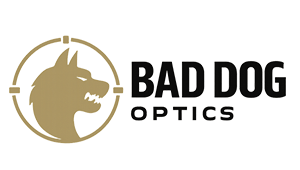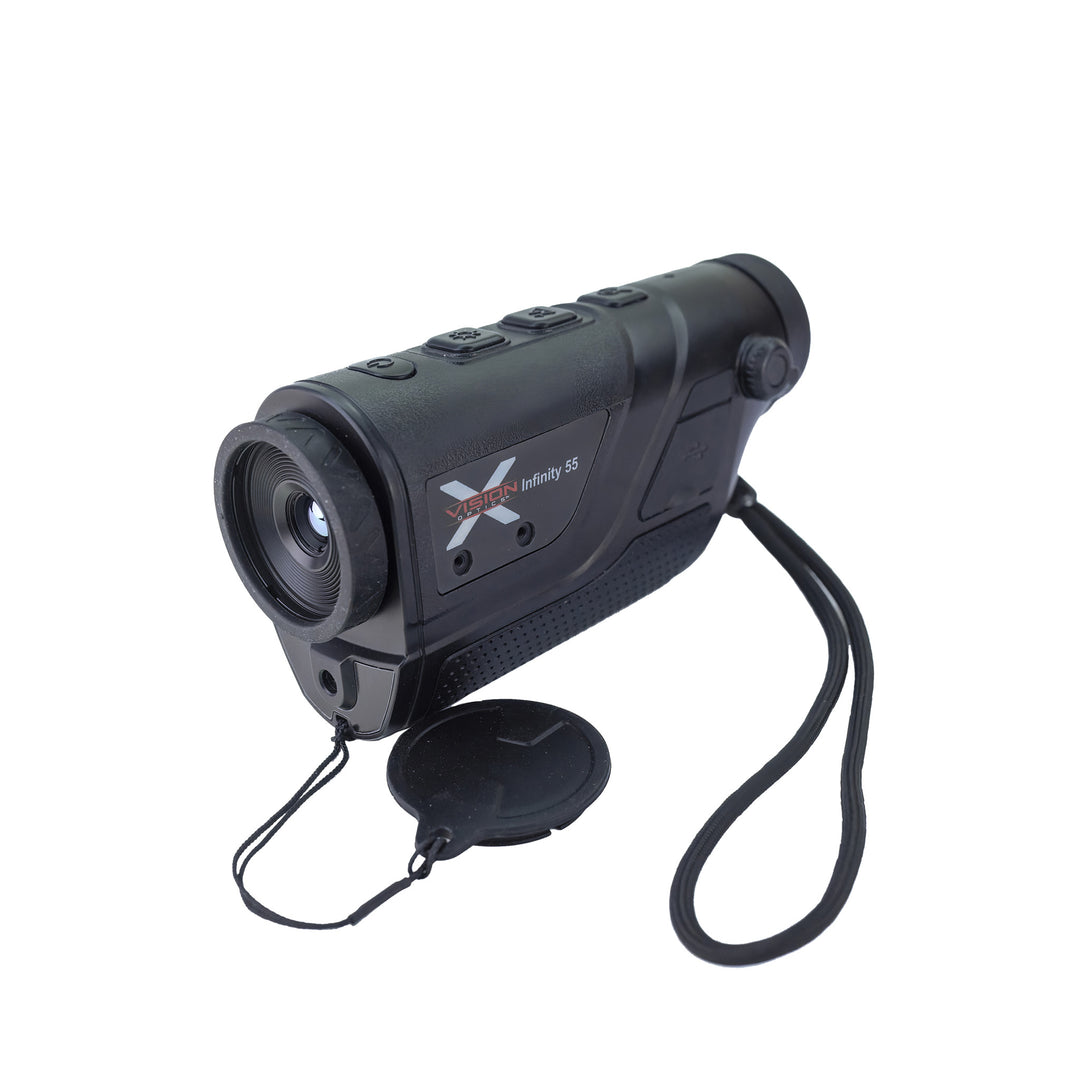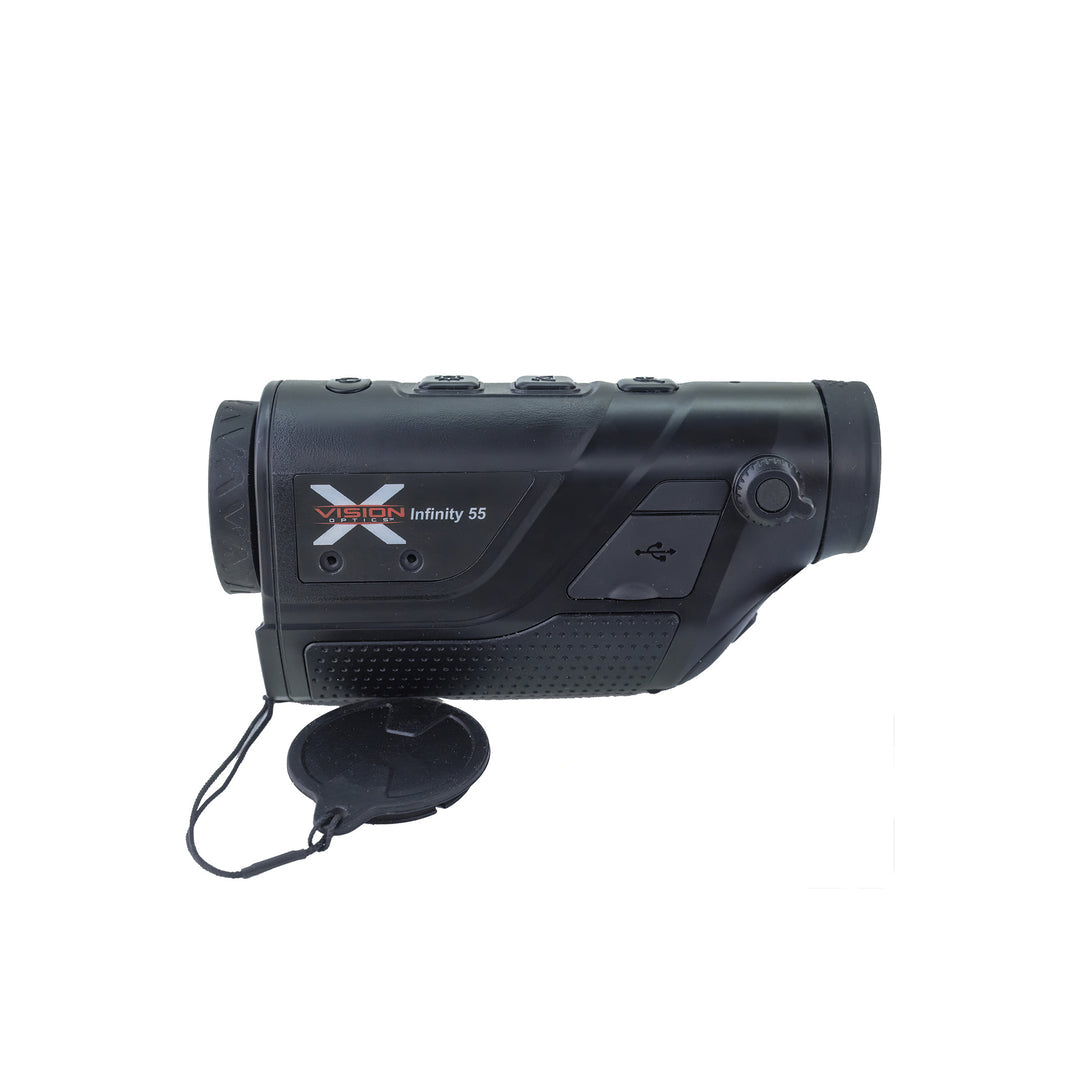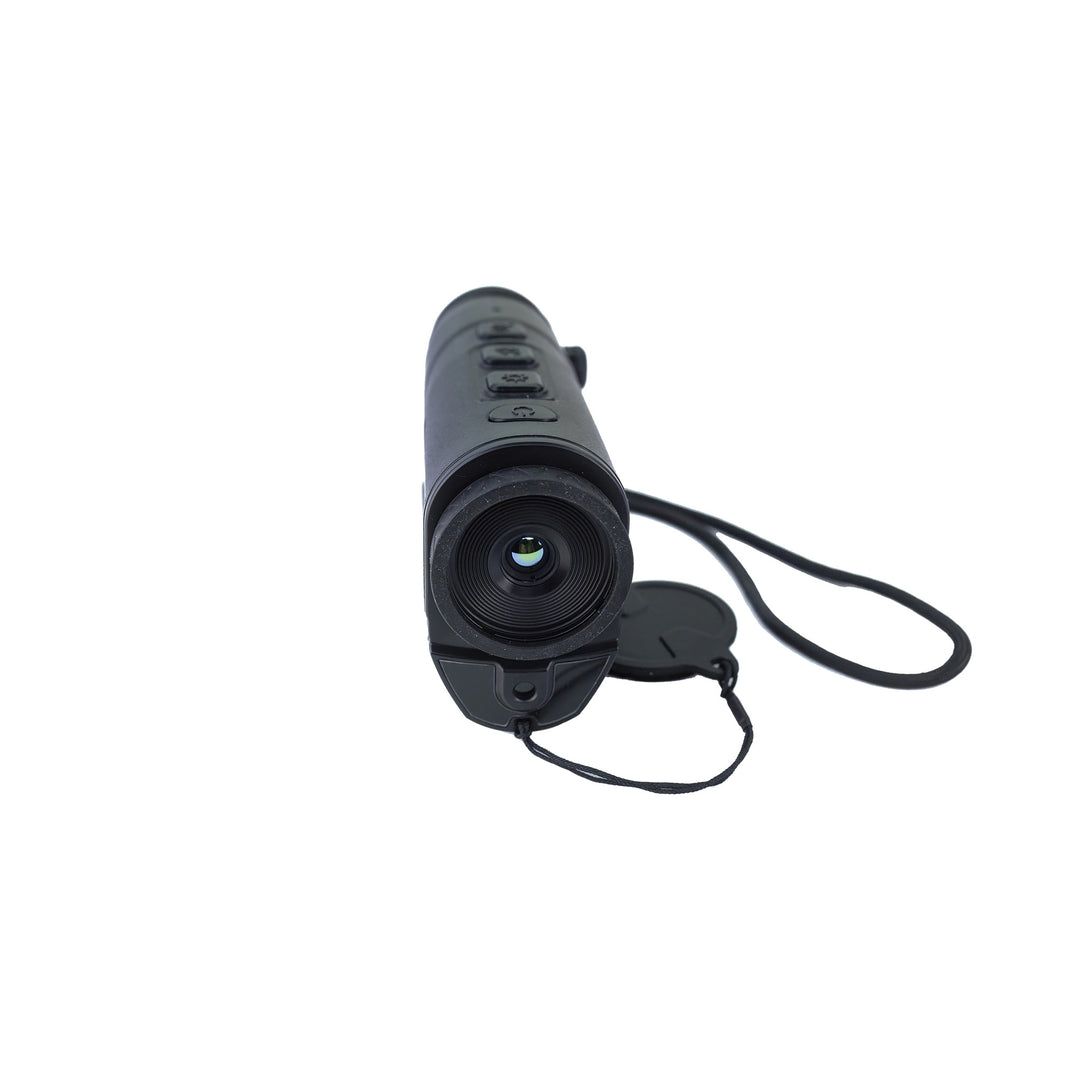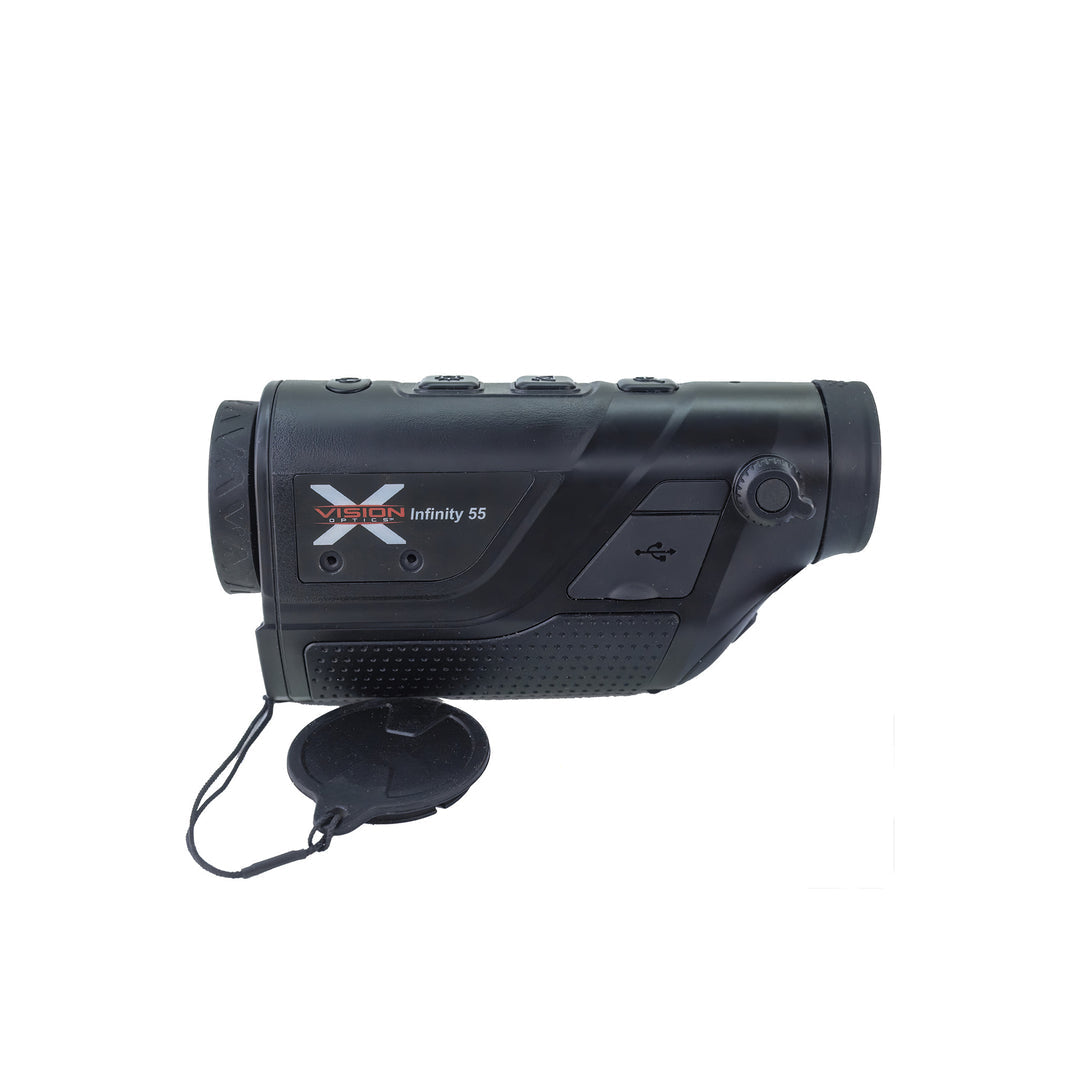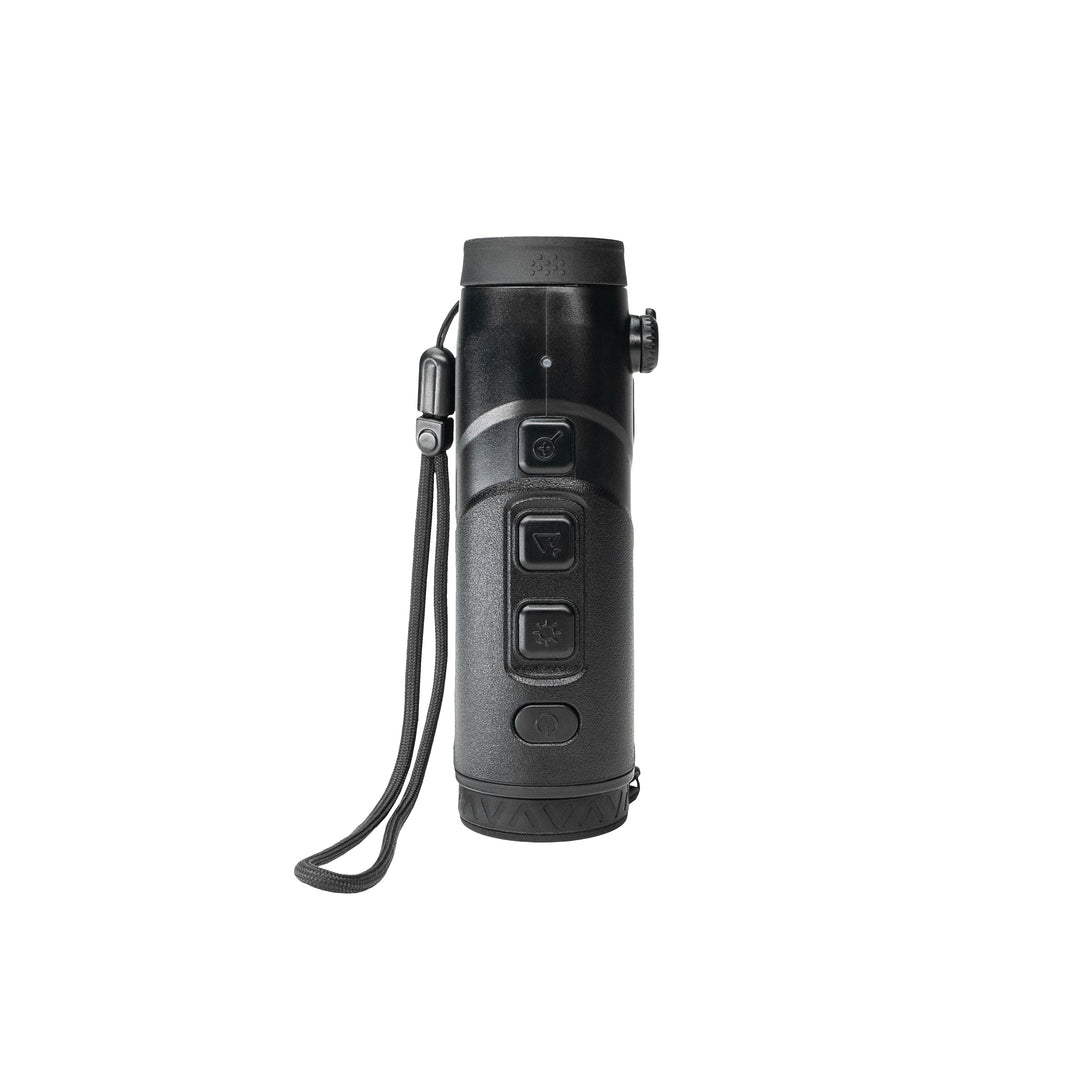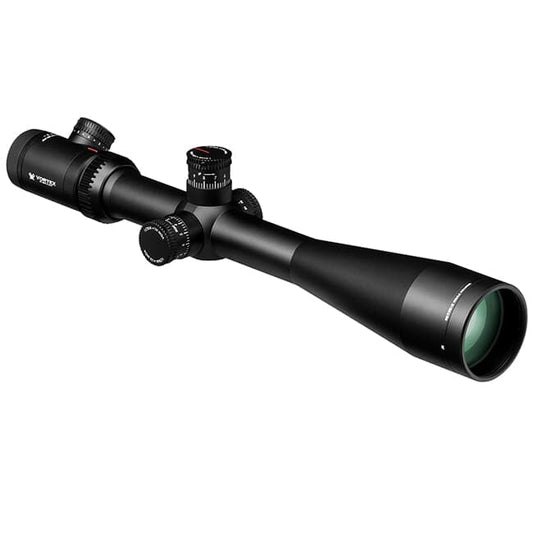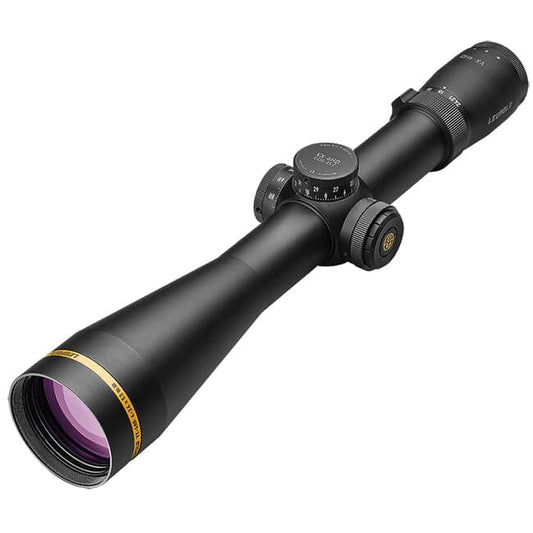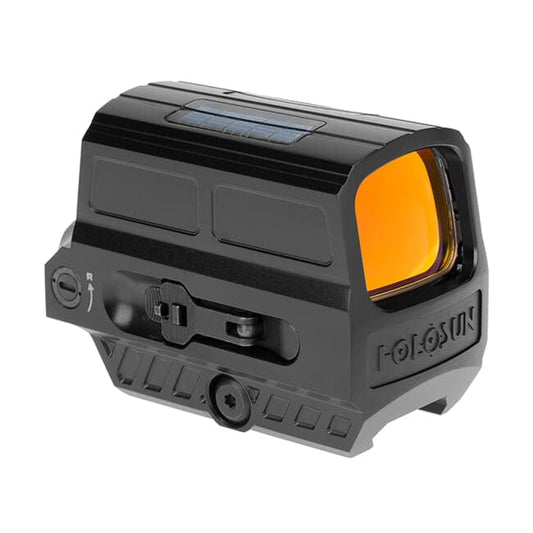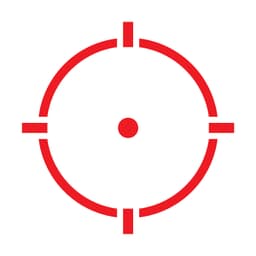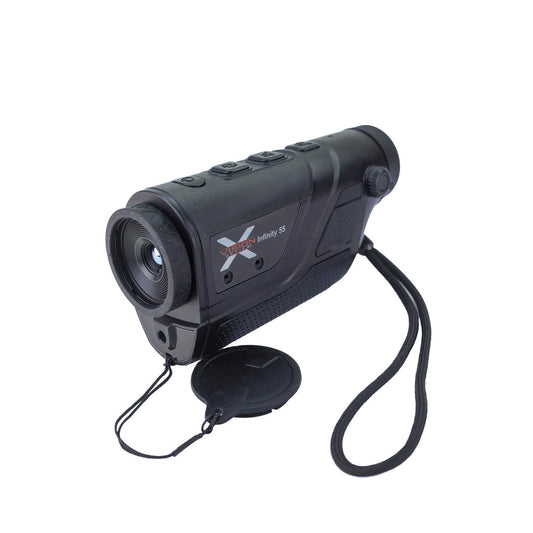

Whether you're scouting for game or exploring the great outdoors, the X-Vision Optics Infinity 55 Thermal Monocular is your ultimate companion. With its impressive 256x192 resolution and 0.7 to 1.4x digital zoom, you can detect heat signatures up to 500 yards away and recognize them clearly at 175 yards. This compact thermal monocular not only captures stunning thermal images but also facilitates easy sharing of your adventures through our user-friendly app, compatible with both iOS and Android devices.
Designed with durability in mind, the Infinity 55 is dust and water-resistant, ensuring reliable performance in challenging conditions. Weighing just 0.62 lbs and measuring 5.51" x 2.91" x 1.77", it fits snugly in your hand or pocket, making it perfect for any excursion. Don’t miss the chance to elevate your outdoor activities; grab the Infinity 55 Monocular today and keep your adventures alive!
Key Features:
- HIGH RESOLUTION for stunning thermal imagery up to 500 yards.
- COMPACT DESIGN that fits easily in your pocket, perfect for on-the-go adventures.
- EASY SHARING capabilities via our intuitive app for iOS and Android.
- DUST & WATER RESISTANT to ensure functionality in any weather conditions.
- SHARP IMAGE RECOGNITION within 175 yards for precise targeting.
- LONG BATTERY LIFE of 12 hours, keeping you in the field longer.
- USER-FRIENDLY CONTROLS allowing for quick adjustments while on the move.
- PICUTRE-IN-PICTURE MODE for focusing on areas of interest without losing sight of the larger scene.
Technical Specifications Table
| Feature | Details |
|---|---|
| Thermal Sensor | 256 x 192 |
| Digital Zoom | 0.7 to 1.4x |
| Detection Range | 500 YD |
| Display Resolution | 640 x 400 AMOLED |
| Battery Life | 12 Hours |
| Weight | 0.62 lb |
| Dimensions | 5.51" x 2.91" x 1.77" |
| IP Rating | IP66 |
What’s in the Box?
- Charging Cable
- Protective Case
- Lanyard
- One 18650 Battery
- Lens Cap
Customer Reviews
“The clarity is amazing! I can spot deer from far away.” - Jamie B.
“Super easy to use and the app is a fantastic addition!” - Mark R.
“Lightweight and durable; it’s perfect for my night hikes.” - Sarah T.
FAQ
How does the Infinity 55 perform in low light? The X-Vision Optics Infinity 55 excels in low light conditions, thanks to its advanced thermal imaging capabilities. It can detect heat signatures in complete darkness, making it an ideal choice for night hunting.
Is the monocular easy to maintain? Absolutely! The Infinity 55 is designed for rugged use and is both dust and water-resistant. Just ensure you store it properly and clean the lens as needed to maintain optimal performance.
How does it compare to other thermal monoculars? When comparing the Infinity 55 with other thermal options, it stands out for its impressive range and user-friendly features, including built-in photo and video capabilities, setting it apart from many competitors.
Similar Models
Looking for more options? Check out our extensive lineup of thermal monoculars, including the X-Vision Optics Infinity 25 for a more compact choice or the X-Vision Optics Infinity 75 for extended range capabilities. Explore our full collection today for exceptional optics tailored to your adventures.
You May Also Like
Here’s some of our most similar products people are buying. Click to discover trending style.
